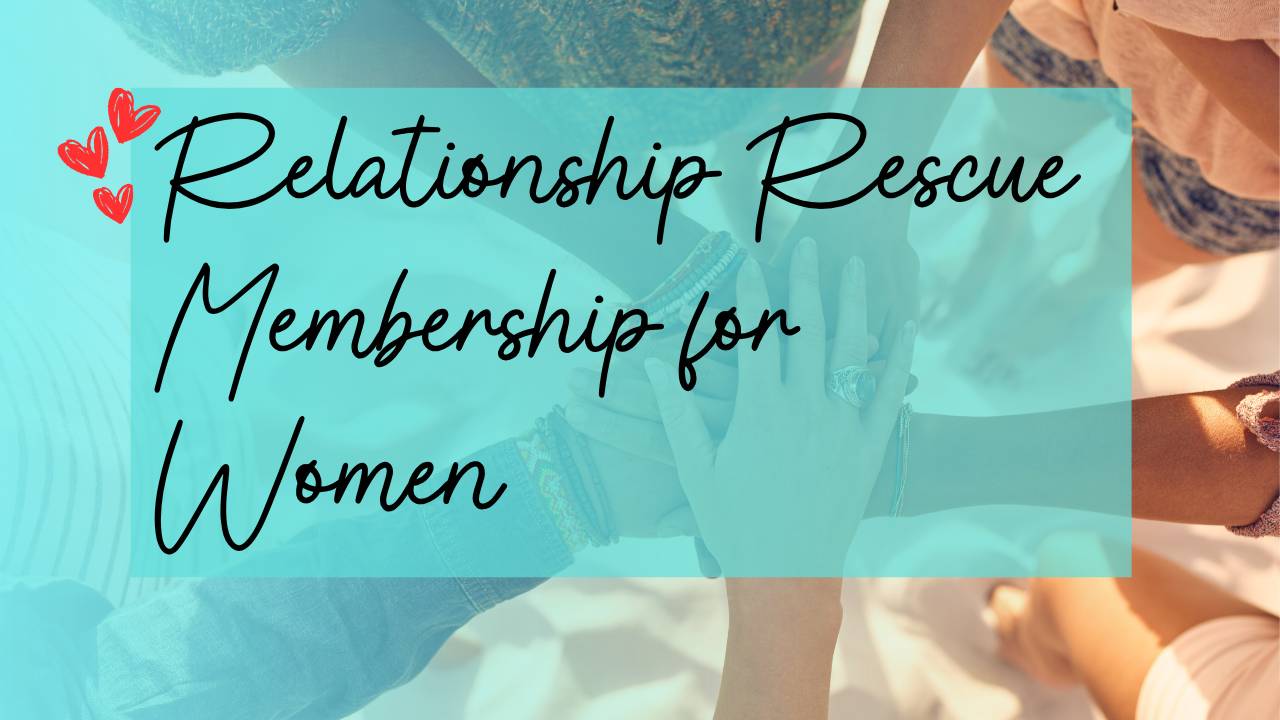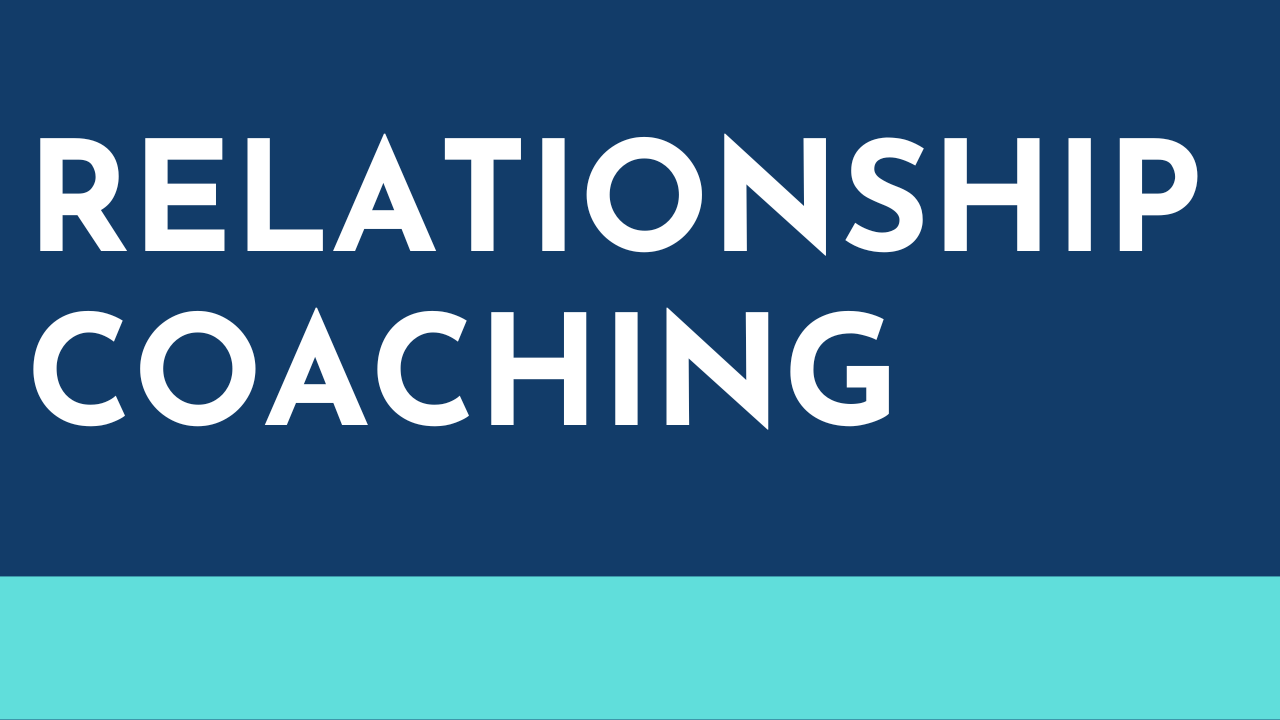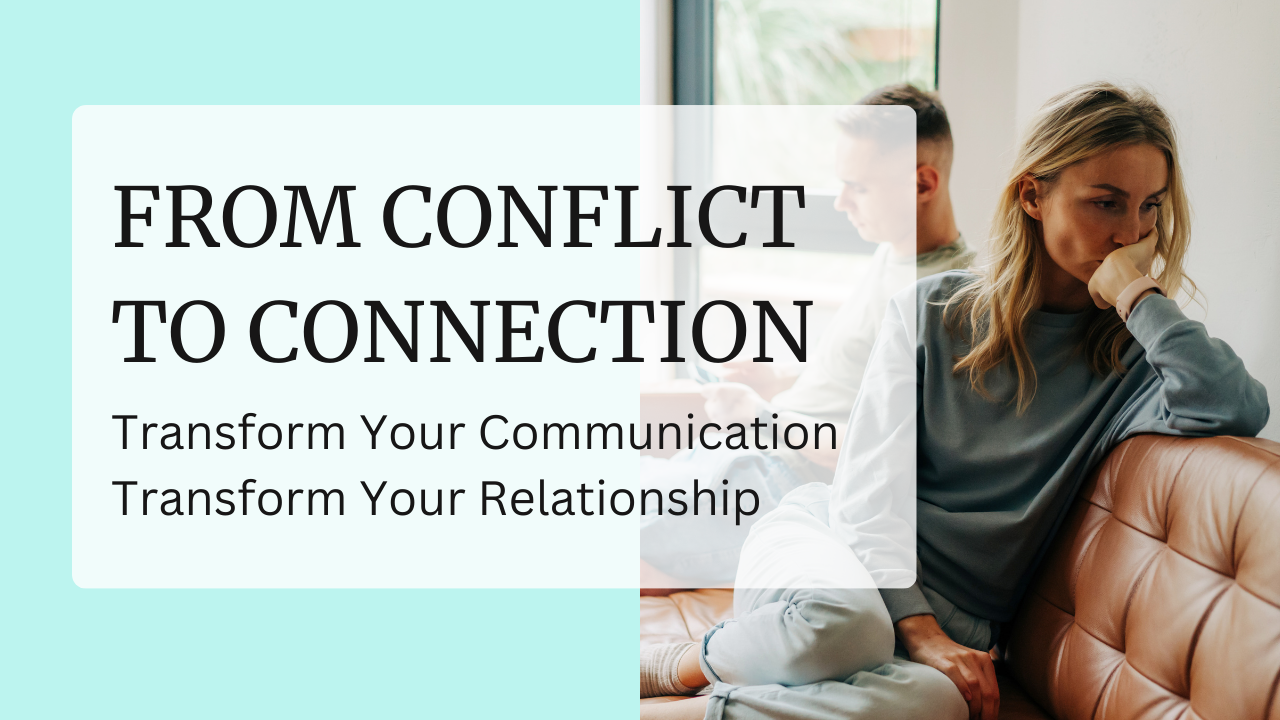47. When You’re the One Who Always Has to Fix Things First
Have you been noticing that you are the one who always smooths things over?
Maybe you're the first to bring up the conflict after a fight, the one who tries to talk it out, or the one who lets it go—just to keep the peace.
It might look like emotional maturity from the outside, but on the inside, it often feels like pressure. Like if you don't do it, it won't happen. Like you're the one holding the relationship together with both hands, even when you're tired or hurt.
If this sounds familiar, you’re not alone.
And more importantly—you’re not wrong for wanting something different.
Why You're Always the One Fixing Things
People who fall into this pattern often:
-
Hate the feeling of disconnection
-
Worry that silence means the relationship is falling apart
-
Feel responsible for keeping things stable
-
Grew up believing that being “good” means avoiding conflict
So when something goes wrong, your instinct is to patch it quickly. To minimize the damage. To get back to “normal” as fast as possible.
But here’s the problem:
When you're always the one to initiate repair, it teaches your partner—intentionally or not—that they don’t have to.
The Hidden Cost of Over-Functioning in Conflict
When the burden of emotional repair always falls on your shoulders, several things happen:
-
You can start to resent your partner.
-
You may question your worth or wonder why they don’t care like you do.
-
You end up with less energy and emotional bandwidth for your own needs.
Over time, this imbalance chips away at your sense of safety in the relationship. Not because your partner is "bad"—but because the dynamic no longer supports mutual care. It can easily move into other areas where you feel like you are the one carrying the responsibility for a lot of aspects of the relationship--too many all on your own.
How To Start To Change This Dynamic
Changing this dynamic here doesn’t mean giving the silent treatment or withdrawing love. It’s about choosing not to carry all of the responsibility.
Talk to your partner about this--not adding on to the argument you are currently in, but at a separate time as a separate topic. It might sound like this:
- "I've noticed when we argue I'm the one that reaches out first."
- "I feel like you never come to me to repair situations after we fight... that makes me feel like you aren't as invested."
- "It's important to me that I know you also want to reconnect."
You’re not punishing your partner—you’re asking for a joint effort on repair process. You’re saying: I want us to come back together and feel better, but I want to feel like it's important to both of us.
When you have that conversation openly you invite a bigger conversation about what each of you is needing when these situations come up and how to be able to meet those needs. This is an opportunity to really reconnect and create something more genuine and sustainable long term.



